


With World Environment Day approaching, World Animal Protection is calling for responsible treatment of all animals, whether in the wild or on commercial wildlife farms. Their recent research has uncovered the cruel conditions in which an estimated 5.5 billion wild animals are being kept, with lack of transparency and inadequate monitoring in the multi-billion-dollar industry. As more and more elephants, bears, and big cats are being bred in captivity for activities like tourism and traditional medicine, the impact on conservation and animal welfare is concerning. The organization urges for stricter enforcement of wildlife trade laws and retirement of elephants used for riding in Amer Fort and Haathi Gaon to wildlife sanctuaries. Additionally, with the focus of World Environment Day 2024 on land restoration and drought resilience, the harmful effects of factory farming on the environment and animal welfare are also emphasized.
Wildlife Exploitation and the Urgent Call for Animal Protection
The alarming plight of wild animals has emerged as a critical concern, prompting organizations like World Animal Protection (WAP) to sound the alarm ahead of World Environment Day.
Unveiling the Cruelty Behind Wildlife Farming
WAP's extensive research has exposed the shocking conditions faced by an estimated 5.5 billion wild animals held in commercial wildlife farms. These animals endure unimaginable suffering, including:
The multi-billion-dollar wildlife farming industry thrives on a lack of transparency and insufficient monitoring, allowing this cruelty to go unchecked.
Conservation and Welfare Concerns
As elephants, bears, and big cats are increasingly bred in captivity for tourism and traditional medicine, the impact on conservation and animal welfare is dire. These animals are often taken from their natural habitats, disrupting their ecosystems and potentially contributing to species decline.
Moreover, the artificial breeding of these species can compromise their genetic diversity, affecting their ability to survive in the wild.
Urgent Action Needed
WAP urges immediate action to address this crisis:
Factory Farming: Environmental and Animal Welfare Impacts
Factory farming, a major contributor to animal suffering and environmental degradation, also falls under the spotlight of World Environment Day 2024. The industrial-scale production of animals for food has severe consequences:
Top 5 FAQs on Animal Welfare and Conservation
Q1: What are the major threats to wildlife conservation? A1: Habitat loss, illegal wildlife trade, and climate change.
Q2: How does factory farming impact the environment? A2: Contributes to water pollution, greenhouse gas emissions, and deforestation.
Q3: What can individuals do to help animals? A3: Support animal welfare organizations, make informed consumer choices, and raise awareness about animal rights.
Q4: What is the role of governments in animal protection? A4: Governments can enforce laws, provide funding, and promote policies that prioritize animal welfare.
Q5: What are the long-term consequences of animal exploitation? A5: Biodiversity loss, compromised ecosystems, and a decline in animal welfare standards.
Call to Action
On World Environment Day and beyond, let us unite to demand responsible treatment of all animals. By promoting conservation initiatives, exposing wildlife exploitation, and advocating for animal welfare, we can create a more compassionate and sustainable world for all.
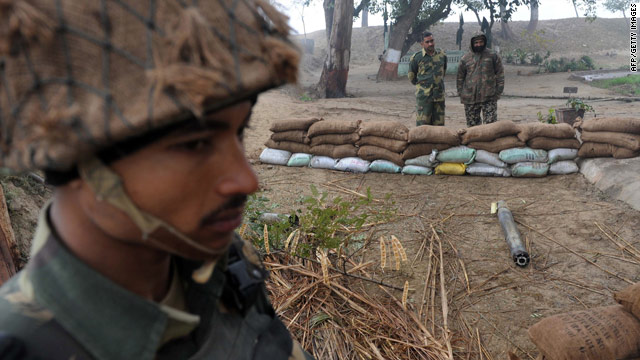
In a latest episode of the ongoing tensions between India and Pakistan, both sides made serious allegations against each other. According to Pakistan, 25 of its drones were shot down by India overnight, while India claims to have neutralized several drones and missiles from Pakistan. The causes of the clash, which resulted in the deaths of 31 people in Pakistan and 16 civilians in India, are disputed by both sides. The region of Kashmir is at the center of this conflict, with both India and Pakistan claiming it in full and experiencing a decades-long insurgency. This border skirmish has escalated tensions even further between the two nuclear-armed neighbors.
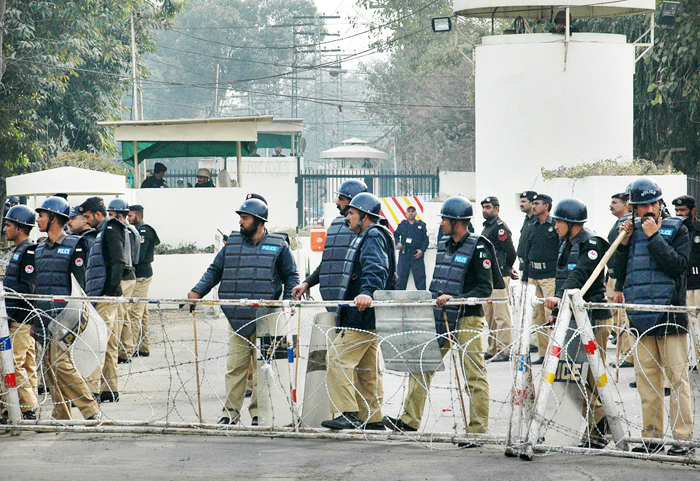
Amid reported drone explosions and downed drones, the US Consulate in Lahore has instructed its personnel to shelter-in-place for safety. Initial reports also suggest that authorities may be evacuating adjacent areas to the Lahore airport. The Consulate has advised American citizens to leave the area while news agency PTI reports that four drones have hit the Lahore cantonment area. In response, Pakistan Army has opened fire and played a siren, causing panic among residents. More updates to follow.
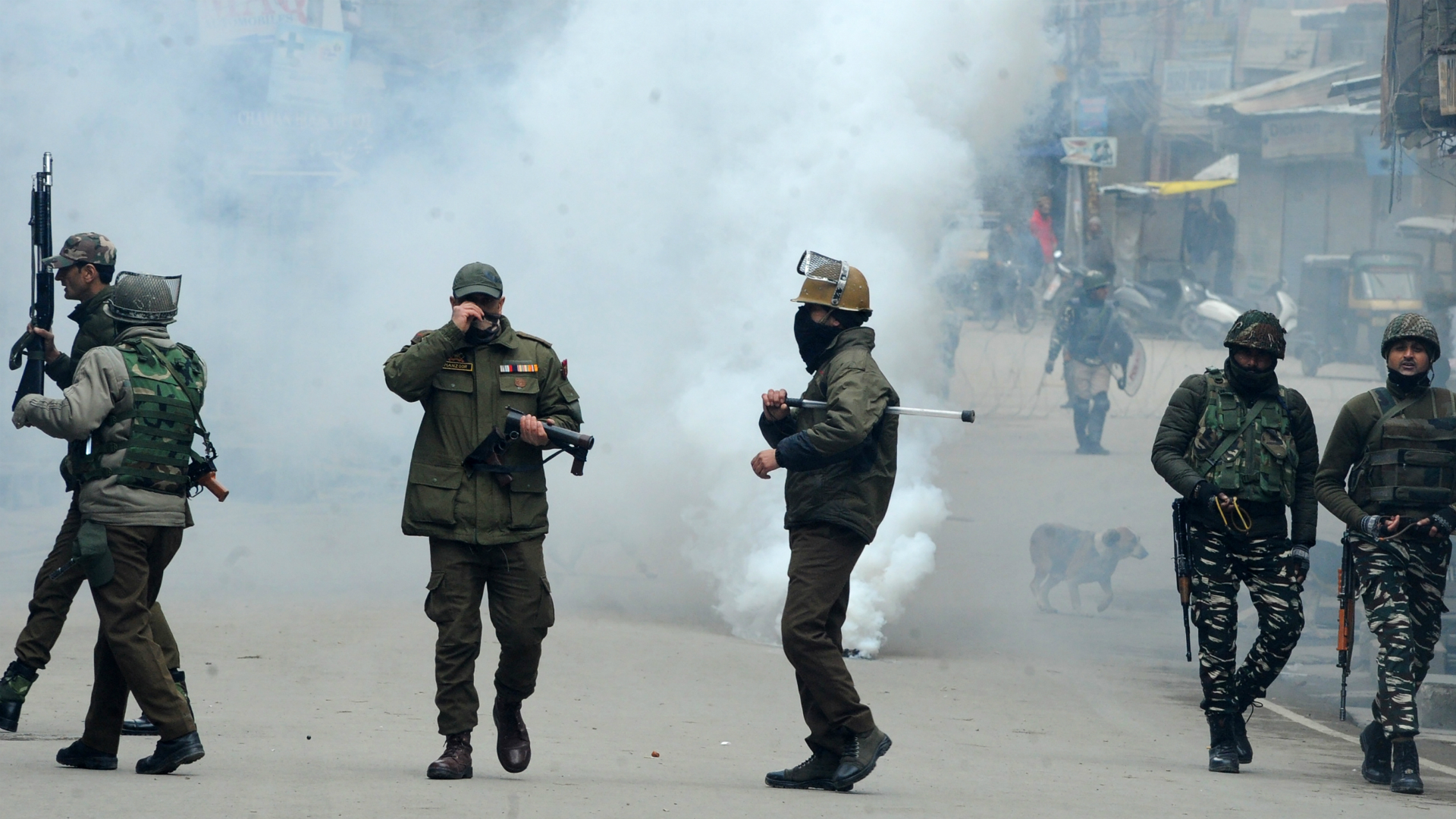
In a major victory for India's armed forces, they successfully targeted and destroyed a critical communication setup of the terror group Jaish-e-Mohammad in Pakistan. The site, located in the Sarjal village, was a vital link for communication between infiltrated terrorists in Jammu and Kashmir and their handlers across the border. The communication equipment, including high-tech LoRA Ultra Sets and Digital Mobile Radios, were supplied by the Pakistani Army and Inter Services Intelligence to bypass traditional networks and evade detection. With this strike, India has disrupted the terrorists' ability to coordinate and plan attacks, enhancing the security of the region.
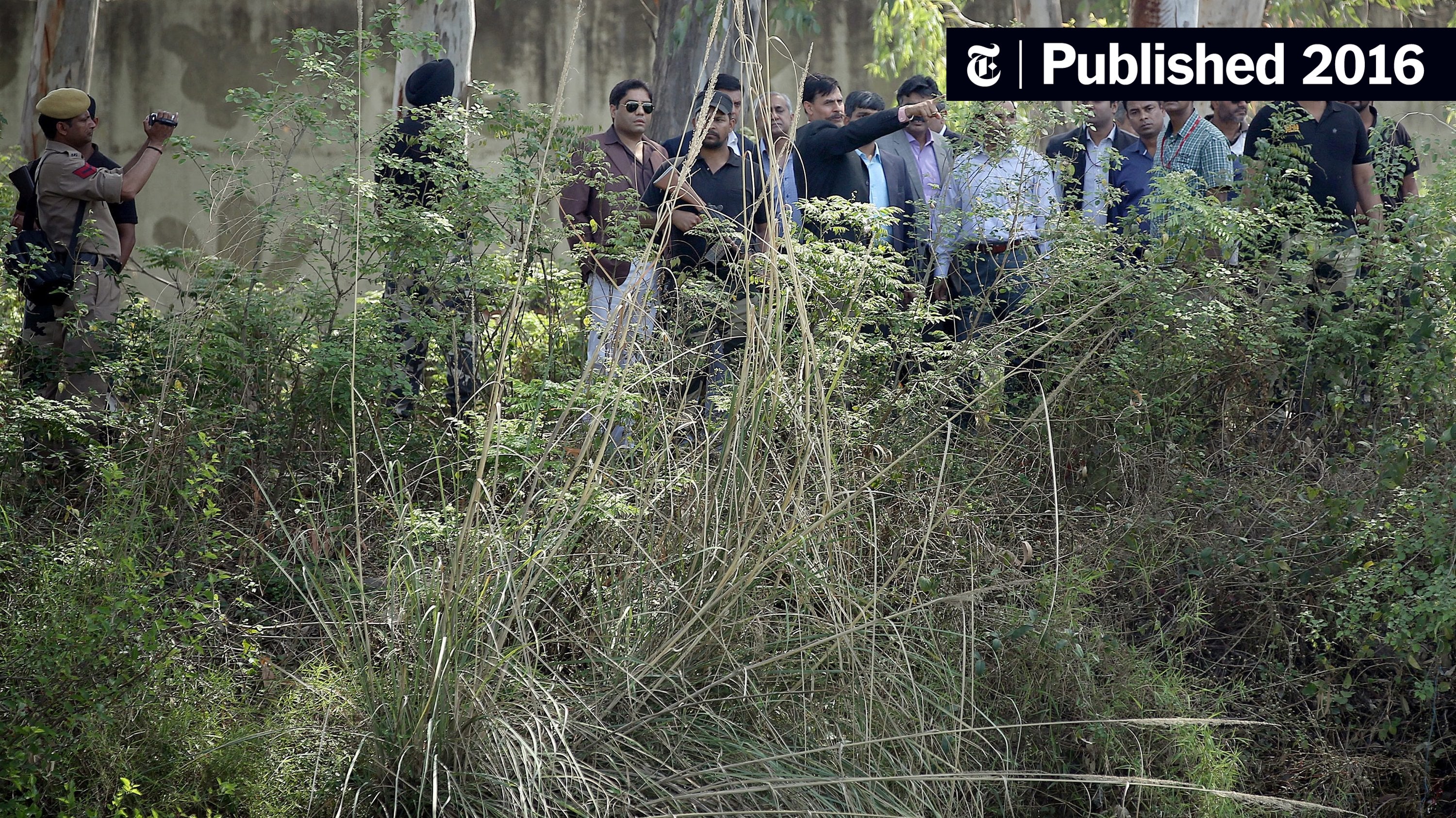
In response to the recent terror attack in Jammu and Kashmir's Pahalgam, the Indian government has taken strict measures to block Pakistani YouTube channels and accounts spreading disinformation and fake news. This includes the Indian YouTube channel '4 PM', which was reporting on the Pahalgam attack, and the X account of Pakistani Defence Minister Khawaja Asif. The move comes after several top news channels in Pakistan were also banned for disseminating provocative and misleading content regarding the attack.
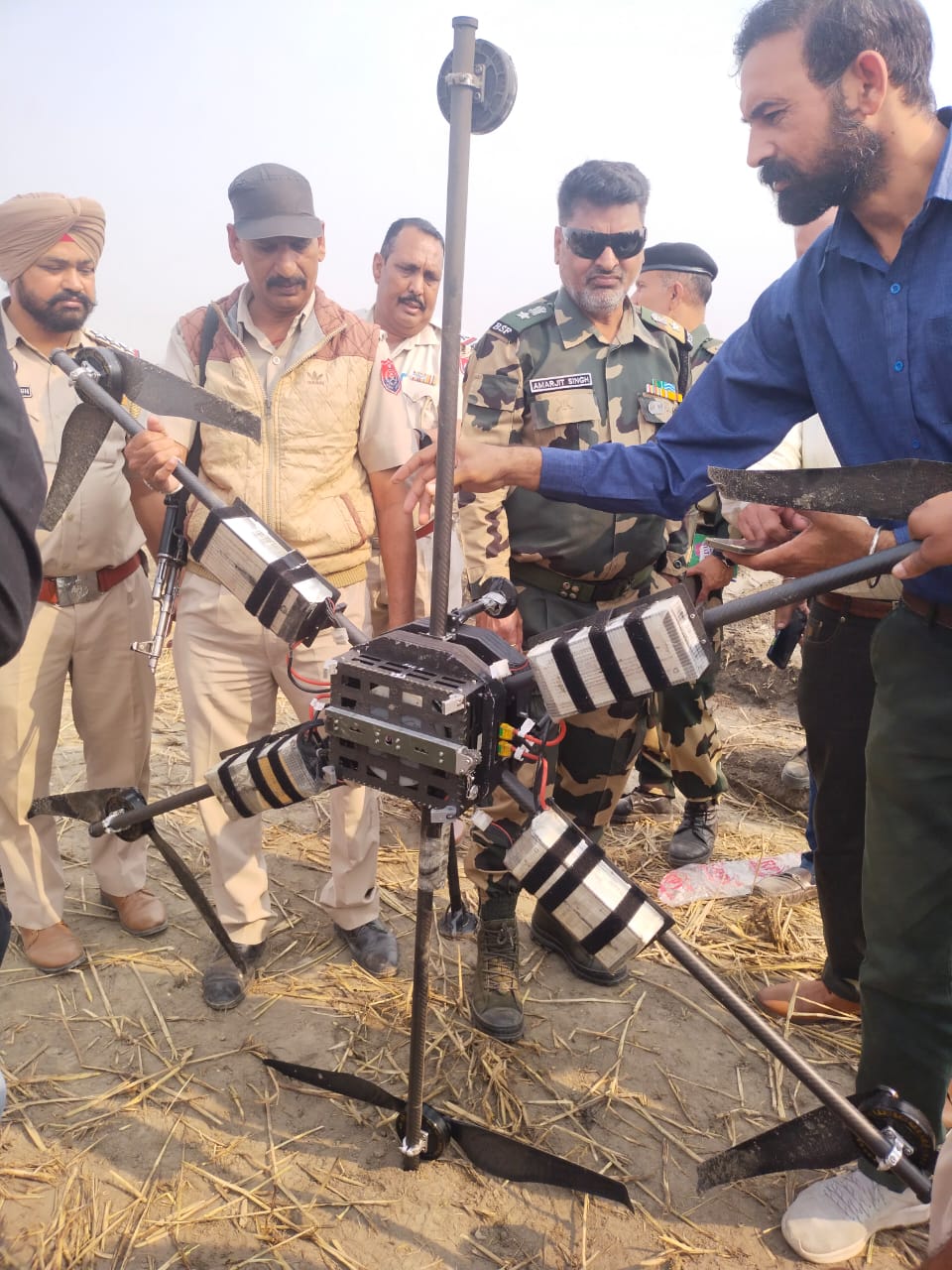
Amid rising tensions between India and Pakistan, Pakistan's Army spokesperson announced at a press conference that they had shot down 12 Indian Harop drones. These loitering munition drones, equipped with advanced technology, are capable of detecting and destroying high-value military targets. Developed by Israel Aerospace Industries, the drones have been imported by India over the past decade, making the situation even more alarming for the two neighbouring countries.
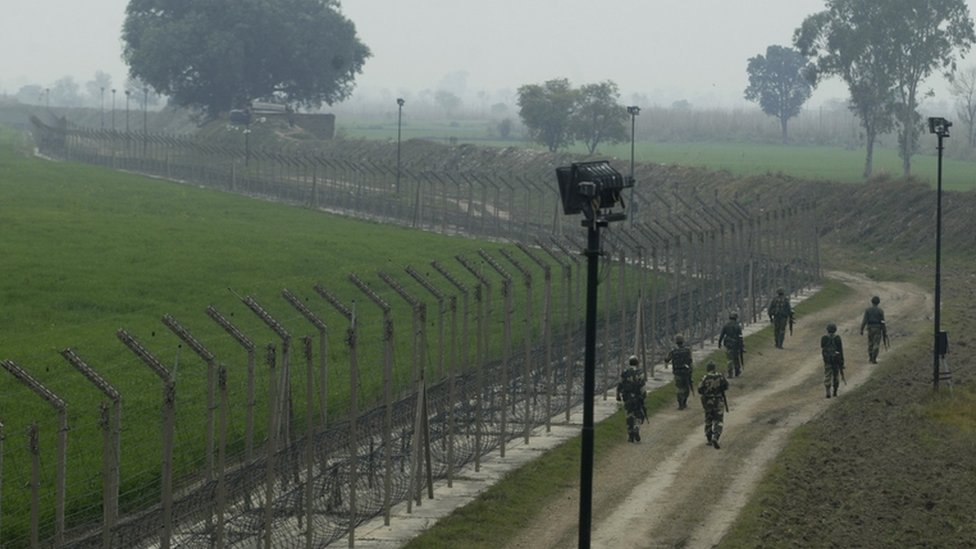
The already tense situation between India and Pakistan has escalated even further following a suspicious drone incident near the border in Gujarat. The police and Air Force are investigating the incident while security remains on high alert. This incident comes after Indian missile strikes on nine terrorist hideouts in Pakistan and POK, resulting in reported deaths. As tensions continue to rise, border residents are being evacuated and the Indian Army is launching a strong counteroffensive.

Outrage has erupted online after Azerbaijan and Turkey spoke out against India's strikes on terror camps in Pakistan and PoK. Indian entrepreneurs, financial analysts, and social media users are calling for a boycott of tourism to Baku and Turkey in response. The hashtag 'Boycott Baku' has been trending as Indians urge their fellow citizens to show their power by withholding economic engagement with nations that align with Pakistan.

Residents of Amritsar, a city in India located on the border with Pakistan, are seen calmly enjoying their morning tea despite the ongoing tension between the two countries. Amritsar MP Gurjeet Singh Aujla and former Senior Deputy Mayor Raman Bakshi assert that people of Amritsar are united with the Indian Army in the face of the conflict. However, former MLA Sunil Dutti urges people not to panic and to stick together in these uncertain times.

A 25-minute strike, known as Operation Sindoor, was conducted by the Indian military in retaliation to the recent Pahalgam terror attack. Utilizing advanced weapons and drones, multiple terror camps in Pakistan were targeted, showcasing India's enhanced military capabilities. The success of the precise operation was captured as evidence and sent a strong message against terror attacks from the neighboring country. This marks a significant milestone in India's narrative journalism in showcasing their military prowess.

World Red Cross and Red Crescent Day, observed annually on May 8, pays tribute to the dedication of volunteers and staff in promoting the principles of the global movement, founded by Henry Dunant. This day serves as a reminder to uphold human values and spread peace and hope amidst growing inequality, health crises, and global unrest. The theme for this year, "Keeping Humanity Alive", highlights the importance of compassionate and solidarity in responding to natural disasters, conflicts, and health emergencies.